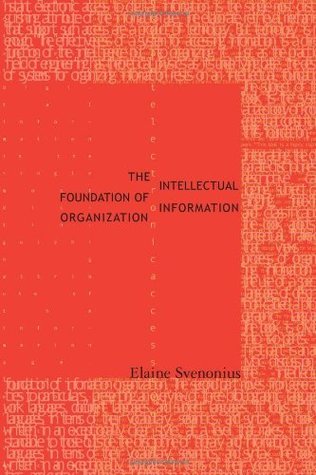What do you think?
Rate this book


264 pages, Hardcover
First published January 1, 2000
Factual claims about the world constitute only a small subset of information broadly construed… It is not possible, at least without wincing, to refer to The Iliad, The Messiah, or the paintings in the Sistine Chapel as data...